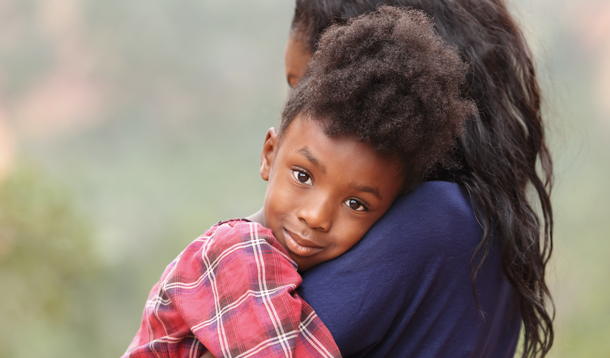
I've been working a lot with the concept of self compassion with my clients and in my own personal life. Self compassion has specific tenets. It focuses on being kind and talking to ourselves like we would a friend, rather than hearing that judgemental and critical voice in our head. Self compassion recognizes that problems happen, but they happen to everyone and we are part of common humanity, with all of its ups and downs, which helps us not get stuck in “why me?”, a powerless feeling that might make us isolate ourself with our problem. And lastly it encourages us to be mindful and be in the now, not getting stressed about the past or the future and this keeps us from being that problem through over identification. I personally find these ideas helpful when dealing with the myriad of feelings I have throughout the day. I can fully be there for myself. And if the feelings are what I would normally deem to be ugly, like jealousy or resentment, self compassion is incredibly useful, I can acknowledge the feelings are hard for me and not assign them value or decide if I “should” have them. I comfort myself through the feeling, not judge myself for having it.
For some reason we are drawn to the self flagellation. We have beliefs that if we aren't hard on ourselves or self critical we won't make changes and become lazy or stuck. This outlook does have the occasional result which spurs us on. It could be the same in parenting, you could chastise until a desired end is reached. You could criticize so much that a child could tow the line, but what else would be produced? What might that child feel regarding their self concept? What might their relationships be like? The same is true for us. Does a good brow beating make us feel better, more able to face the challenges ahead of us? Usually not. We often shame ourselves into inertia. Would we ever say these words to a friend? There is a better way. We can be kind to ourselves and get better results and I definitely want kind self talk for my kids.
These voices often have roots. What does your negative voice sound like? And who does it sound like? You might find you call yourself similar names that were used against you as a child by a teacher or a coach. You might find that you feel the guilt that a parent laid on you every time you respond in a certain way. This brings me to my fear, if I might be the narrator and the script writer for my children, than as this key influencer I want to be aware of what and how I am saying things. When I get frustrated, use broad characterizations, tactics laced with shame, and act out of a fearful place on how a certain behaviour might reflect on me or what might be down the road if this continues, I am not speaking words of compassion nor teaching a loving response.
The good news is as I work on this in myself, I can both model this and extend this to others. This is the oxygen mask analogy on the plane. You have to give the oxygen to yourself first before you can help others. When I am living in a place of self compassion I don't have the fears, judgement, or shame directing my responses. I also stop modelling behaviours such as calling myself names when I make mistakes or am being hard on myself because kids pick it up and I am already having to redirect my daughter away from labelling herself for her actions.
The other day I was raking leaves. I was having a hard day, my feelings and thoughts were heavy and they felt intrusive. I decided to approach it with a compassionate response. It brought tears but I was okay. My daughter witnessed this and became worried for me and said she wanted to get Daddy. I told her about how when hard feelings come you can practice self compassion. You can hold yourself, tell yourself it is okay and just rest in the moment. I showed her how to give herself a loving hug and talked to her about how she too can practice it when times are tough. Other people will not always understand your feelings and thoughts so you have to be able to draw it from yourself and from your beliefs. It takes practice to change this course and awareness to change the script.